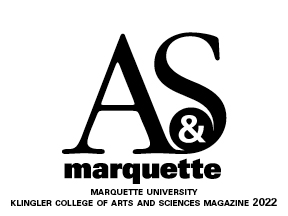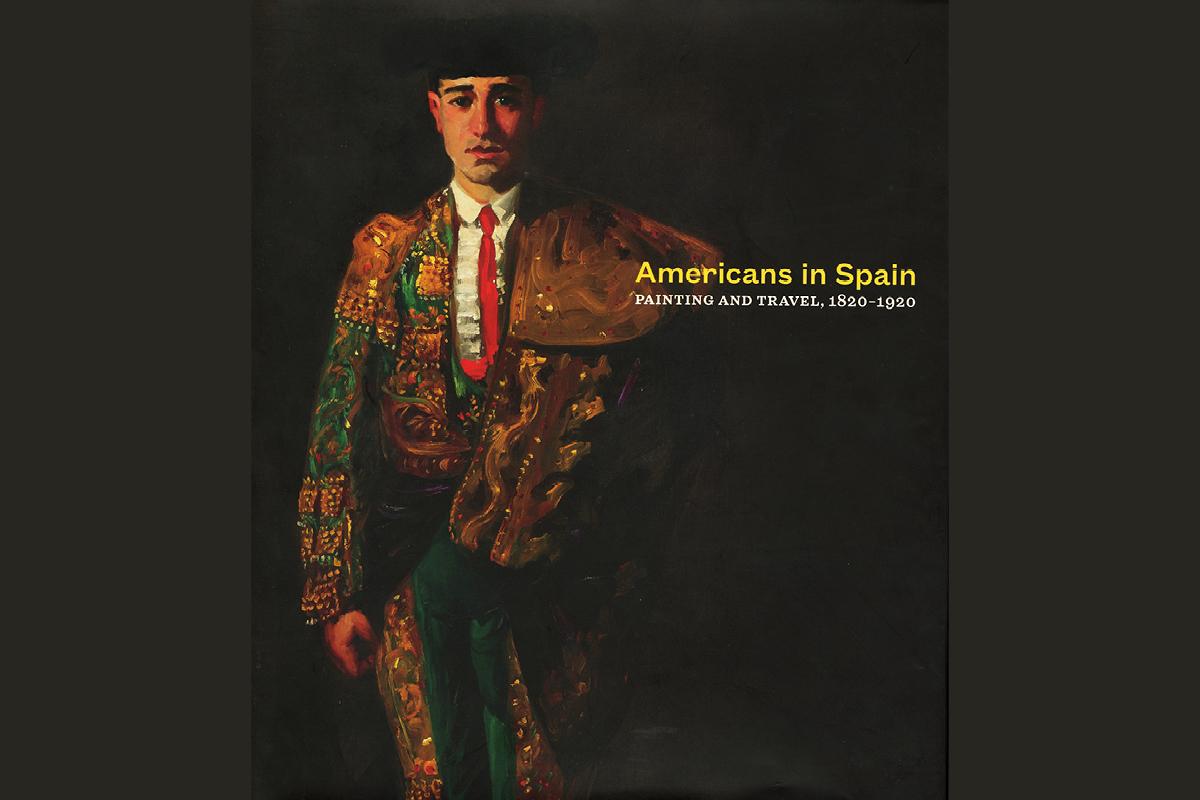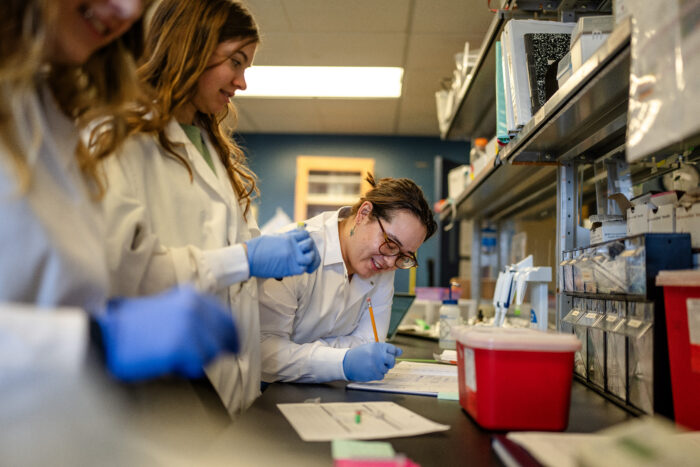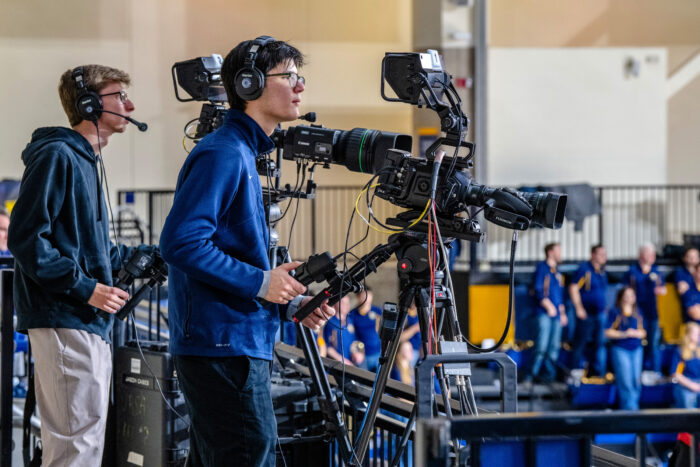Spanish professor explores the crossroads of history and culture and transforms her research into unexpected collaborations.
When Dr. Eugenia Afinoguénova, chair and professor of Spanish, was an undergraduate in Moscow, one of her oldest professors had learned Spanish in 1937 to welcome Spanish refugee children arriving in Leningrad. “This very strong tradition of uniting Spain and Russia existed in my mind,” Afinoguénova says. Today, Afinoguénova is a leading expert in Spanish culture and history, and this spring received the Lawrence G. Haggerty Faculty Award for Excellence in Research, Marquette’s highest research honor.
Her latest work is co-editing Gastocracy, a collected volume that examines the intersections of food and governance in Spanish history. For example, el menú del día — a large, meat-forward lunch introduced in the 1960s by the government to improve tourism and control prices — is still offered in restaurants today. And its effects are far-reaching: In homes, Spanish cuisine has since shifted to include more meat, with marked consequences for human health and the environment.
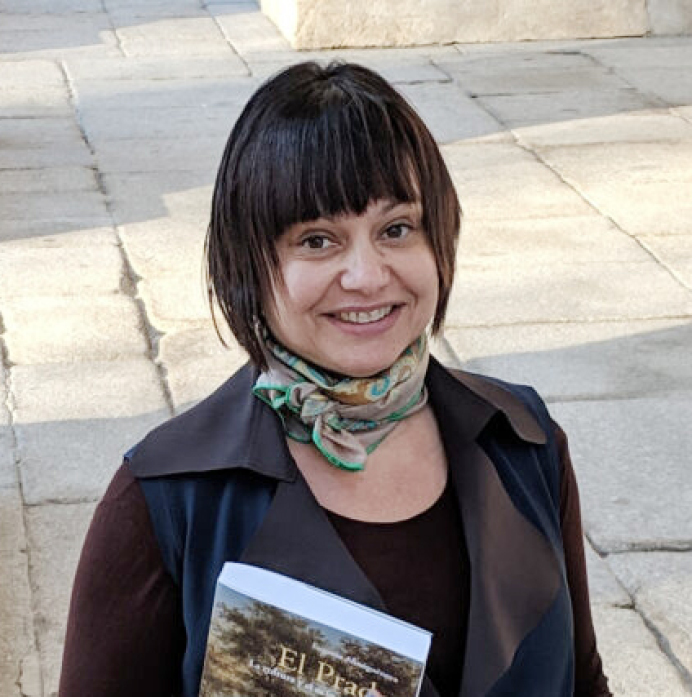
“The beauty of these disciplines is that you take the most mundane subjects, and you study the culture from which they emerged and also which they create,” she explains. An item on a menu, a museum open during a civil war, a single painting. “It’s a product of a certain culture, which also then shapes its own culture.”
Studying these connections that weave together history and culture, past and present, is Afinoguénova’s specialty. So are unique research applications: Her previously published book, The Prado: Spanish Culture and Leisure, 1819–1939, led to her involvement in Americans in Spain: Painting and Travel, 1820–1920, a 2021 exhibit at the Milwaukee Art Museum that featured a student-produced digital exhibit and a published catalog.
